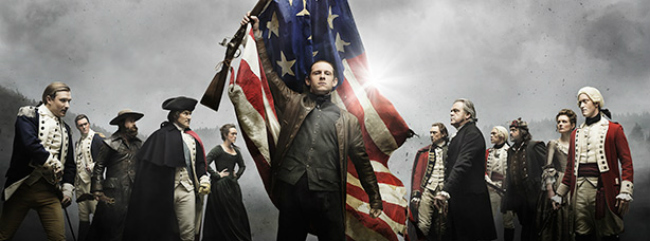There are downsides to having a bestseller. It gives your book more exposure, which is certainly a net gain; but it also draws plenty of wild cards.
As in all businesses, customers are probably about 75% more determined to make their opinions known when they have a complaint than when they find a product satisfactory. In the book biz, you also have some jealous, petty and vindictive authors prowling Amazon to size up the competition who, I guess, assume they can elevate their own work by trying to make other author’s work look bad. And then there’s controversial books like False Flag, which are gonna trigger sheeple and SJWs, even when they are warned up front that a particular book will not be their cup of tea.
Case in point: shortly after the post about Roy Moore went live on this blog, somebody posted the first-ever one-star review for Hell and Gone, admitting within the “review” that they hadn’t read the book. Up until then, my debut novel had never drawn less than four stars from any Amazon reviewer. I smell a motive for this drive-by, but who knows.
So the vigilant haters have managed to drag False Flag‘s cumulative review score down to 4.2 stars, but comments like the following tend to improve morale:
Another excellent novel by Henry Brown
First of all let me state that this is the third novel by Henry Brown I have read featuring “Rocco’s Retreads” a group of different special warfare operators who are mostly retired from different branches of the active duty military.
It’s a direct follow up to Tier Zero– the novel where Native American lawman and ex spec ops warrior Tommy Scarred Wolf and some of his friends and family set out to rescue a group of females from the nearby Rez who had been kidnapped in a foreign country.This time around, Tommy and some of the Retreads have been targeted by a sleazebag Statist DHS spook and his underhanded operators- including several who are basically Manchurian Candidate Brainwashees.
Tommy is now the Sheriff in the town where the nearby Rez is located and his friends are scattered to the Southwest. Rocco, Leon and Carlos are now operating a shooting range and firearms sales and supply shop; Mac has gotten involved with a sleazy race-card baiter in Federal Law Enforcement and Josh has retired to the life of a modern Mountain Man.
Essentially Josh and some of the others find out that Rocco’s Retreads have been flagged as Domestic Terrorists by the dirtbags from DHS and worse- the same scumbags are planning on a False Flag attack on a peace rally in Amarillo Texas following the senseless beating of an African American motorist.
Talk about being ripped from the headlines.
As the NeoFascists in Federal Government see it, by attacking the rally and pinning the rap on “Right Wing Militia extremists” it will give them the justification among the McSheeple to go after the Internet and gun owners.
Tommy, Josh and the majority of their friends and family decide to try and stop the False Flag attack.
When they call in a phony bomb threat and the “proper authorities” refuse to evacuate the facility…well, it’s time for Tommy’s pals in the Native American Militia to step forward and stop the slaughter of innocent people and try and save the country from the insidious forces within the corridors of power who see Freedom as a threat to their own lustful power grabs.
The book is sobering at times and downright funny at others. The descriptions of some of the peripheral characters (looters and so forth) reminded me of some of the more razor-sharp satirical Destroyer Novels written by the late great Richard Sapir and Warren Murphy as both rednecks and looters get scalded by Brown’s pen.
I would love to see these books made into movies someday. However they are so politically incorrect that its’ mostly a pipe dream at this point.
If you enjoyed the Destroyer novels or the old Phoenix Force and Able Team books the Retreads series is right up your alley.
If you’re willing to take just a few minutes to make a small-but-significant impact in the culture war, and you’ve read one or more of my books, why not drop a couple lines into a review and counter some of this sabotage? Amazon isn’t yet as bad as Twitter, Facebook, or Wikipedia, but they’ve proven to me they are sympathetic to these SJW trolls. They took down a review I posted (it’s long-winded; sorry) even though it was obvious I read the book, and I hadn’t violated any of their published guidelines; but they won’t take leftist hit pieces down, even when it’s obvious the troll hasn’t read the book. There’s not much I can do about that. By posting an honest review, however, you could dilute this well-poisoning.


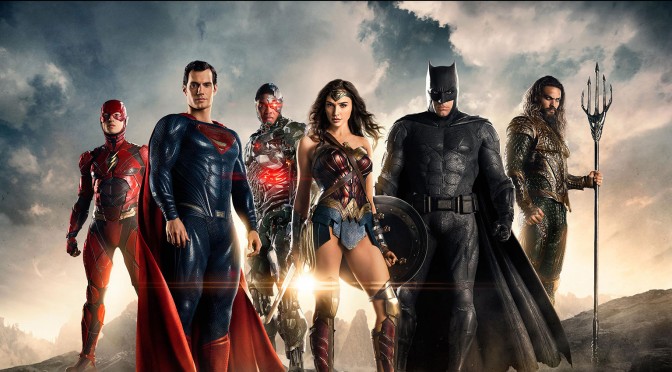
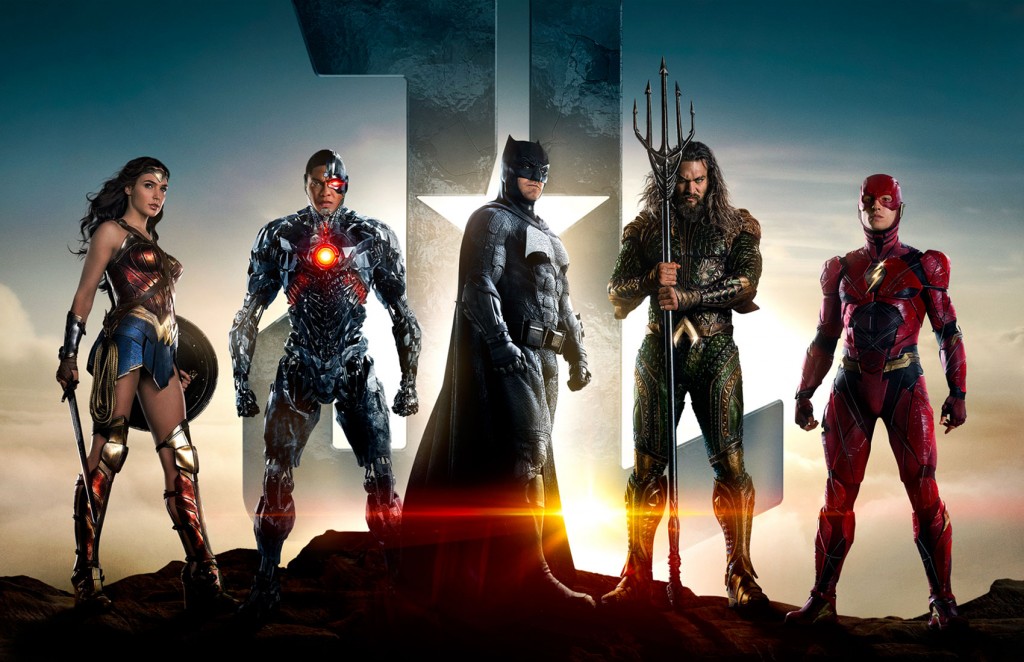







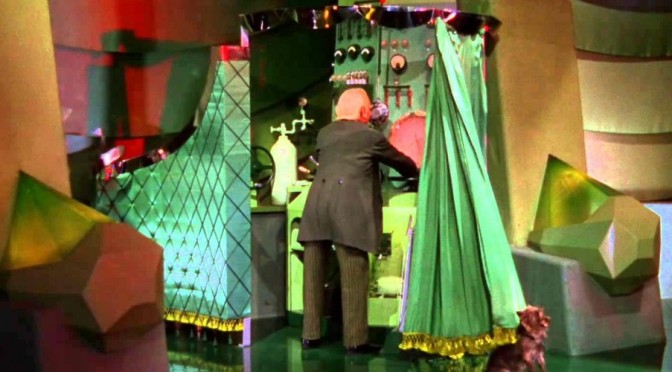


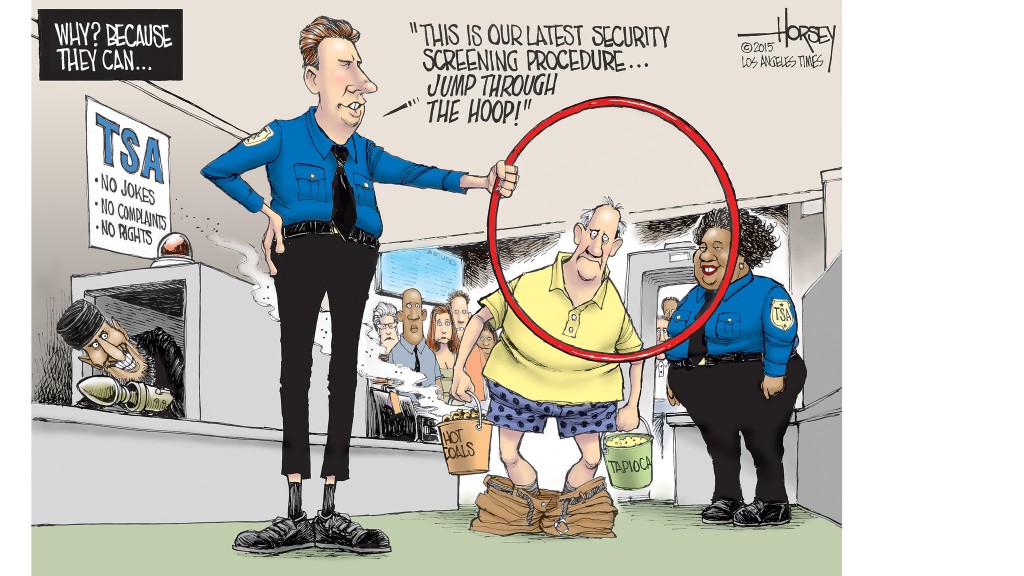




 Hell and Gone was originally written as a one-off military thriller, with an old-school adventure flavor. Fans, however, suggested a sequel. I wrote one, shooting intentionally for more of a throwback men’s adventure/paramilitary fiction vibe, as the cover suggests.
Hell and Gone was originally written as a one-off military thriller, with an old-school adventure flavor. Fans, however, suggested a sequel. I wrote one, shooting intentionally for more of a throwback men’s adventure/paramilitary fiction vibe, as the cover suggests. 


